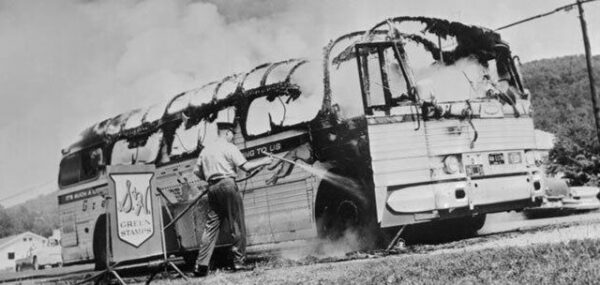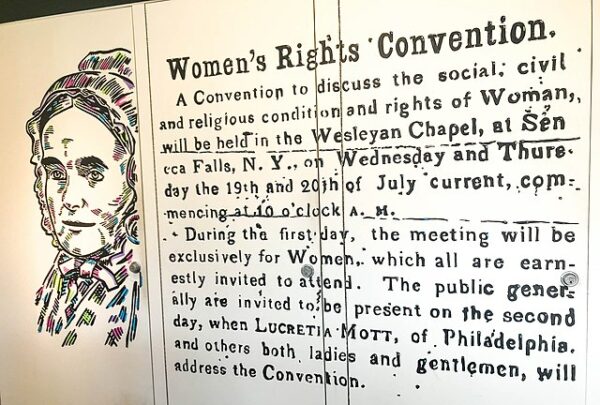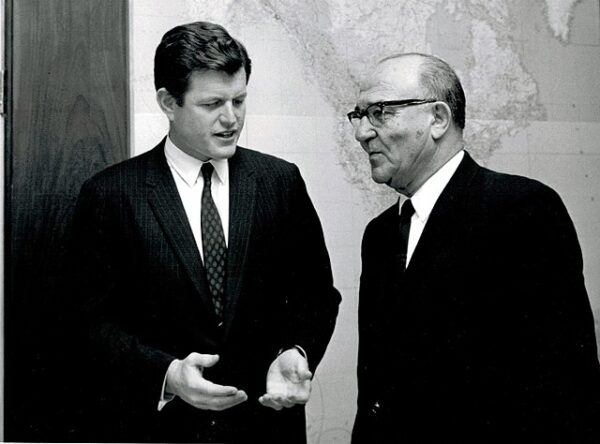On May 4th, 1961, one of the most important campaigns in the Civil Rights Movement began with a simple bus ride. The Freedom Rides, a series of audacious bus trips through the segregated South, were orchestrated with a singular purpose: to challenge the legality of segregated interstate transportation facilities.
At the heart of this movement were individuals of varied backgrounds—black and white—united in their resolve to dismantle the oppressive structures of segregation. These riders embarked on their journeys armed not with weapons, but with a steadfast commitment to nonviolent resistance. Theirs was a mission propelled by the moral imperative to confront injustice head-on.
Yet, the path they chose was fraught with peril. As they traversed the Southern landscape, they encountered the virulent hostility from the defenders of Jim Crow. Angry mobs, wielding weapons of intimidation, sought to obstruct their progress. Physical assaults became a grim reality, as did the looming threat of arrest.
Despite the pervasive danger, the Freedom Riders remained resolute, drawing strength from the ethos of nonviolent protest espoused by luminaries such as Martin Luther King Jr. and Mahatma Gandhi. Their unwavering determination was etched in their actions, as they steadfastly refused to be cowed by violence or intimidation.
The Freedom Rides captured the attention of the nation, their endeavors illuminated by the harsh glare of media scrutiny. Images of peaceful protesters being met with brutality seared the collective consciousness, igniting a groundswell of public outrage. The scenes of violence served as a stark reminder of the entrenched racism that stained the fabric of American society.
Yet, amid the chaos and turmoil, seeds of change began to take root. The actions of the Freedom Riders galvanized support from across the country, transcending racial divides. Their courageous stand spurred widespread condemnation of segregation and lent momentum to the burgeoning Civil Rights Movement.
The impact of the Freedom Rides reverberated far beyond the confines of the segregated South. Under mounting pressure, the Kennedy administration intervened, urging the Interstate Commerce Commission to address the injustice perpetuated by segregated interstate travel facilities. In response, the Commission issued regulations prohibiting such segregation—a watershed moment in the struggle for civil rights.






